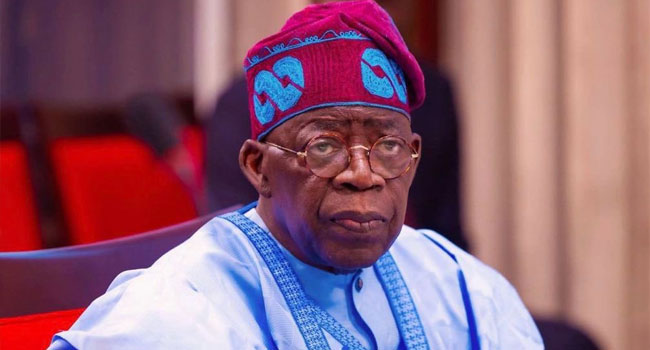FG collaborates with the US and others to eradicate HIV/AIDS by 2030.
The Federal Government said that it is collaborating with the United States, the United Nations Programme on HIV/AIDS, and the Global Fund on an initiative to ensure country ownership and sustainability of national HIV-AIDS responses beyond 2030.
The collaboration comes as the Secretary to the Government of the Federation, Senator George Akume, said that President Bola Tinubu’s government is dedicated to continuing the initiative to treat more HIV patients each year using locally mobilised resources.
The SGF stated at the World AIDS Day commemoration in Abuja on Friday that the government recognises the essential contributions of communities in the battle against HIV/AIDS.
Akume went on to say, “I must commend the National Agency for the Control of AIDS for its commitment and leadership to end AIDS as a public health threat in our country. .”President Bola Tinubu’s administration is determined to eradicating AIDS by 2030 and will ensure that no one is left behind in providing HIV services across the country. This administration’s renewed hope programme includes a sustained HIV response.
“NACA, in collaboration with the Nigerian Business Coalition Against AIDS, recently launched the N62 billion Nigerian HIV/AIDS Trust Fund.”
“This is yet another first in Sub-Saharan Africa.” We urge the organised private sector to follow through on its vow to support the government’s efforts to create an HIV-free generation in Nigeria, in which no infant is born with HIV.
“We recognise communities’ invaluable contributions to the fight against HIV/AIDS.” We have found resilience, determination, and the desire to make a difference in these communities. The determination of these communities has moved us towards the worldwide objective of eradicating AIDS by 2030.
“Nigeria fully supports global solidarity and shared responsibilities, which necessitates a new perspective on global health responses.” The government of His Excellency, President Bola Ahmed Tinubu is committed to sustaining the President’s initiative to treat more HIV patients annually with resources mobilised locally.
“I am pleased to note that the key strategy for HIV sustainability and country ownership to be launched today demonstrates a critical commitment to ending AIDS by 2030 and beyond, with states leading the way.” As a result, I encourage the state government to join this agenda in order to take ownership of Nigeria’s long-term HIV response. I also acknowledge and appreciate the United Nations, the Government and people of the United States of America, and the Global Funds for their unwavering assistance over the years to keep persons living with HIV alive in Nigeria.”
Dr. Gambo Aliyu, Director General of the National Agency for the Control of AIDS, stated that the leadership of communities of people living with HIV, key affected populations, women, adolescents, and young people; policymakers, religious, traditional, and political leaders, civil society organisations, development partners, organised private sector, the general public, and the media plays a critical role in ending social, cultural, legal, and economic inequalities that impede progress.
He explained that the sustainability agenda was developed by NACA in partnership with its development partners to assist the national HIV response and ensure that community leaders take ownership of the programme.
Furthermore, he stated that it is an advocacy tool for the government at all levels to enhance HIV finance, particularly in light of declining donor agency resources.
Despite government support for the national response, Aliyu observed that the HIV response in Nigeria has been donor-driven.
Aliyu emphasised that throughout the last four years, particularly during the COVID-19 outbreak, Nigeria displayed excellent community-level competence for HIV case detection.
He went on to say that Nigeria’s HIV response was the most COVID-19-resistant in the world.
“As the country continues to make commendable progress towards achieving the epidemic control required to end AIDS by 2030, we are also cognizant of the fact that ending AIDS comes with the enormous challenge of long-term control.”
“To overcome this challenge, the Government of Nigeria, the United States Government, UNAIDS and the Global Fund initiated an alignment programme aimed at ensuring country ownership and sustainability of national response beyond 2030,” Aliyu stated in a press release.
While reiterating the agency’s commitment to ending AIDS in the country, he stated, “With the support of our community leaders, Nigeria can end AIDS before 2030.”
Yes, we can eliminate stigma and discrimination, and we can assure that no infants in our community are born with HIV. We accomplished it with Ebola, and we can do it again with COVID-19 because we are Nigerians.”




